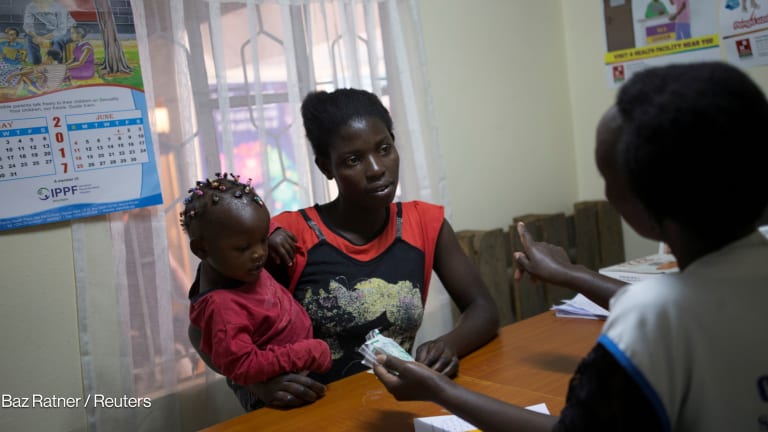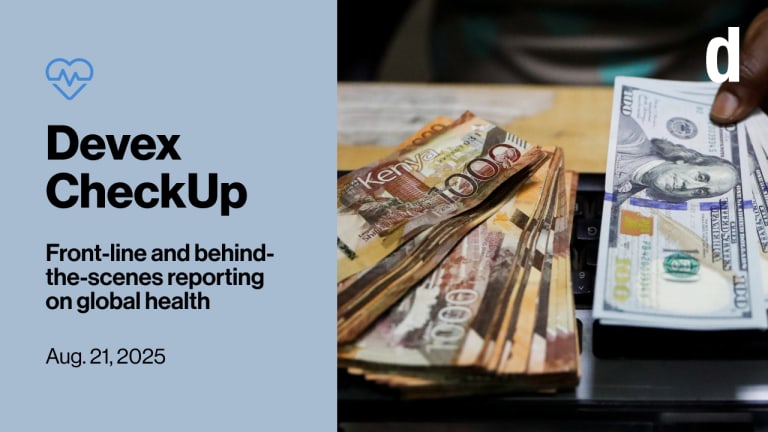
EDITOR’S NOTE: Gabriel Jaramillo’s banking background may well be what the Global Fund needs to move from “passive cashier” to “strategic investor in the shared enterprise of producing health results,” writes Amanda Glassman of the Center for Global Development.
For a long time, the Global Fund focused on disbursing money, and disbursing as quickly as possible. The philosophy was something like: move the money and the recipient knows what to do. Yet several studies showed that funds were not allocated in a manner that maximized health results. And over the last year, in the wake of audits detecting misuse of a modest amount of resources, the emphasis shifted to fiduciary controls and oversight mechanisms.
Yet the Fund -like other global health funders- faces a final frontier: how can the organization invest its resources to obtain the highest health return possible?
Answering this question requires a fundamental rethink of the organization’s role as a commissioner of or payer for health services and, ultimately, health outcomes. Instead of a passive cashier, the Fund can become an active and strategic investor in the shared enterprise of producing health results. And that is a banker’s business.
To move from cashier to investor, the Fund needs new information, competencies and organizational arrangements that allow it to commission or purchase care, outputs and outcomes effectively and responsibly.
The Fund has led on these issues in the past, and is a leader in transparency and providing information to the public, as well as collecting prices and procurement information. Yet more can be done.
An agency that plans to commission needs a clear definition of what interventions are to be purchased -at what minimum quality standard, on both the supply- and demand- sides. Ideally, interventions and products to be financed will be identified through a country-run process that rigorously considers economic evaluation and affordability, as well as social preferences and ethical considerations. Once a country has determined the appropriate mix of interventions that maximizes health impact within a given priority, countries -with Fund or partner support if needed- will need to track how much it costs to provide, how much is spent, and how results can be measured and attributed at baseline and follow-up.
This is not research or academic nicety, but rather the necessary intelligence that will allow for effective policy in a recipient country and a return on investment by the Fund. With this information, the Fund and its recipient partners can implement genuine performance-based contracts based on mutual accountability with a quantifiable, credible return on investment.
In the absence of such intelligence, analysis and support ex ante and during implementation, proposals are filled with hundreds of non-standardized performance indicators, budgets are submitted with no financial or operational connection to performance indicators and targets, and the focus is on producing receipts instead of results.
As Gabriel Jaramillo begins his work, his banking background should serve him well.
Republished with permission from the Center for Global Development. View original article.








